Vitamin B8, also known as inositol is part of vitamin group B. It is a polymer of glucose required for proper formation of cell membranes in the body. Vitamin B8 is synthesized in the body, but in insufficient quantity.
Inositol facilitates the metabolism of fatty acids, in order to protect the liver from fatty degeneration. This vitamin prevents the deposition of cholesterol on the walls of arteries, while furthering the process of detoxification of the body. Vitamin B8 helps in extracting harmful substances that accumulate in the body as a result of administration.
Inositol draws the cell membranes in the form of phosphoinositides and occupies 2-8% of the inner layer of the membrane. Not much is known about the synthesis of this unique compound, but it is also known that 3/4 of the body needs to cover the expense of its own synthesis. Vitamin B8 is synthesized by gastric microflora and in parallel must get into the body through food. Inositol is not changed by the action of acids and alkalis. When heated, you destroy up to 50% of it.
The history of Vitamin B8 began in 1848 when it was discovered by the German chemist Libich, which derived a substance with a sweet taste of meat broth. After nearly a century of research, it was firmly established that Vitamin B8 is important for the functioning of nerve cells. Inositol and Vitamin C, are a derivative of the well known glucose. This is why it was once called vitamin BC.
Vitamin B8 is essential for cell division. At higher concentrations it is present in the retina, brain tissue and liver. Inositol maintains the nervous system in good condition. It is released in large quantities in breast milk, leading experts to conclude that it has a direct relationship with the immune system. Surveys prove that it has a very beneficial effect in the treatment of complications caused by diabetes.
Oral supplements of this vitamin in cases affected by cancer cells lead to stunting of tumor defects, and even contribute to a reversal in the diseased cells. Best results are achieved in men who suffer from prostate, penis or testicle cancer.
Scientists are adamant that caffeine is an enemy of vitamin B8 and leads to killing it’s volume in the body. For some time, there were inositol tablets in pharmacies and although daily demand of inositol is 250 to 600 mg, there is still no solid dose.
Benefits of Vitamin B8
It is estimated that 1 gram of inositol is a good sedative. It’s hypnotic effect is unrivaled among any of the existing products. On top of this dose, there are no side effects and it has the unique property of changing the quality of sleep.
It is known that large doses of inositol have psychoactive effects similar to that of modern tranquilizers. B8 can successfully battle depression, neurosis, as it stops panic and fear attacks.
This seemingly magical vitamin is involved in the regulation of motor activity of the stomach as a potent stimulator of the development of beneficial microflora. It has positive effects on the liver and strengthens the nervous system, as mentioned. As a result, it can prevent the development of atherosclerosis.
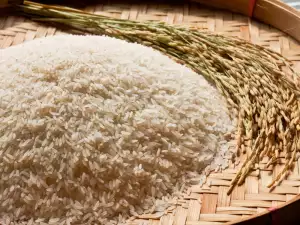
Vitamin B8 reduces cholesterol levels in the blood, when struggling with constipation, as it became clear it had a stimulating effect on the digestive tract. Vitamin B8 is very helpful in polycystic ovary syndrome, essential for the work of several important brain neurotransmitters.
Deficiency of Vitamin B8
Vitamin B8 deficiency can cause skin disorders, sore muscles and even mental issues. With lack of sufficient quantities of this vitamin, brain function and memory weakens.
Vitamin B8 affects metabolism and the formation of normal skin and hair. Vitamin B8 deficiency can cause irritability and mood disturbances.
Sources of Vitamin B8
Vitamin B8 is found in kidneys, liver, brain, yeast, milk and eggs. It occurs in gooseberries, mushrooms, wheats, or as a combination of phosphoric acid with calcium and magnesium, called phytin. Important sources of inositol are bananas, brown rice and unrefined molasses.
Sample table of foods containing Vitamin B8
100 g of product - Vitamin B8 amount (mg) Rice - 450 mg, wheat - 370 mg, brewers yeast - 270 mg, peach - 210 mg, fresh green peas - 162 mg, Raisins - 130 mg, apricots and cabbage - 95 mg, onions - 90 mg, Watermelon and strawberries - 65 mg, tomatoes - 45 mg, chicken egg - 33 mg.
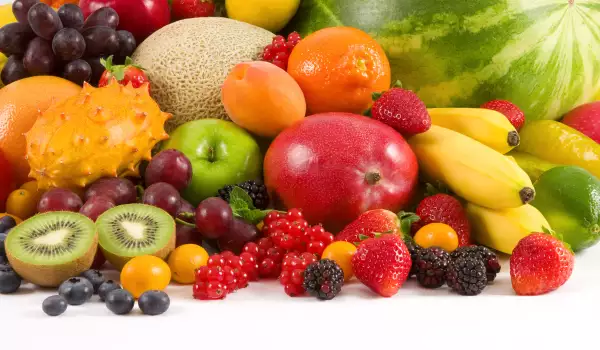
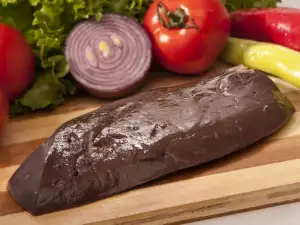
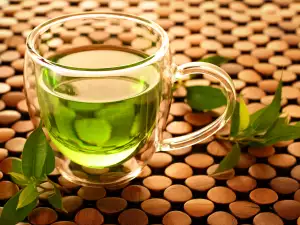
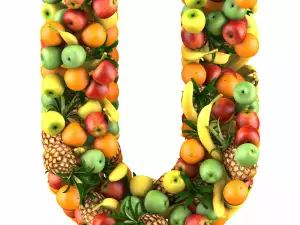
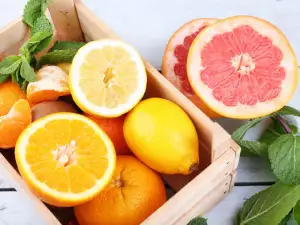
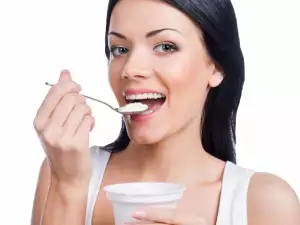
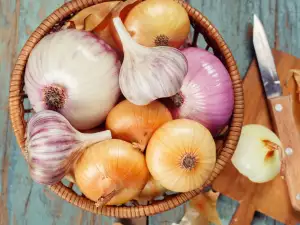


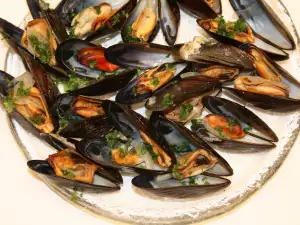
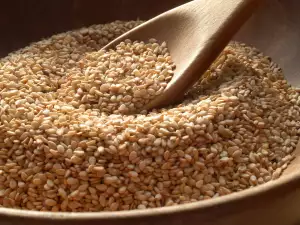








Comments